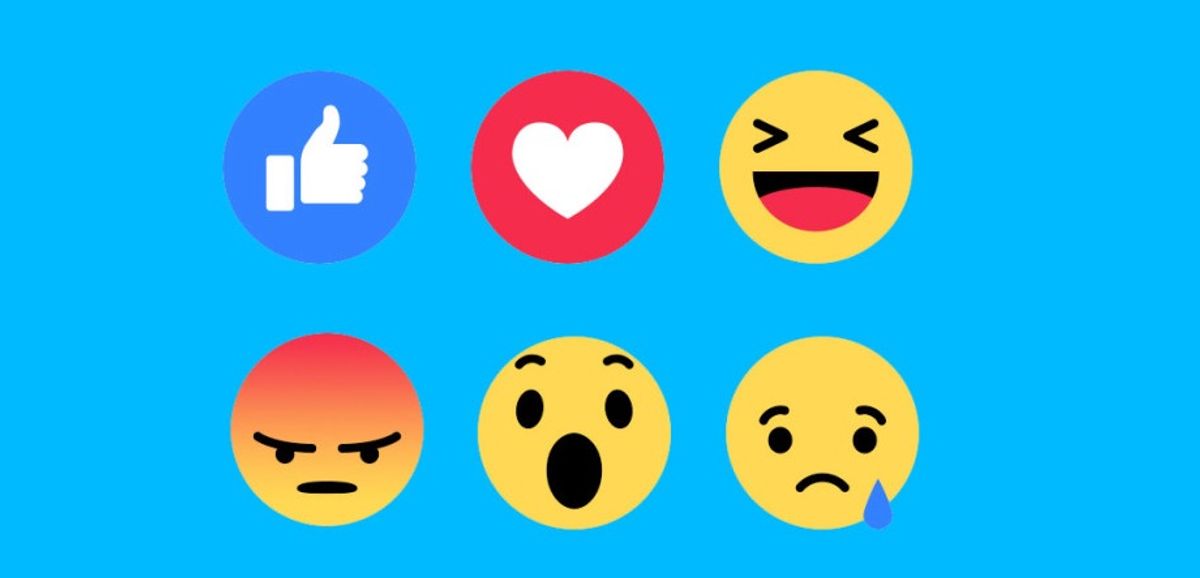Police in Belgium said that use of 'Facebook Reactions' provided additional detail about a user's emotional state to Facebook's algorithms.
Police in Belgium (or any other location) didn't "warn" users that the use of Facebook Reactions was "dangerous."
In February 2016, Facebook debuted "Reactions," which enabled users to express sentiments other than "like" to a friend's status. In May, a number of Facebook posts and news articles asserted that police had warned users to avoid the feature because it was supposedly "dangerous."
According to TIME magazine's coverage, which was a bit less bombastic than the warnings, the "Facebook Reactions" feature eroded user privacy:
Facebook has already had difficulties in Belgium, with privacy authorities there having forced it to stop tracking non-users with its browser cookies. But this is a new one.
Explaining that Facebook’s users are the product, the Belgian police wrote that the new reaction symbols help the social network to evaluate the effectiveness of its advertising.
The claim indeed originated from an advisory published by police in Belgium, in which they said that using the function affected Facebook's algorithmic arrangement of content and ads by assessing a user's mood:
Limiting them to six, Facebook account the fact that you express your thoughts more easily allowing the algorithms running in the background to target you. With your clicks, it will be possible to determine those contents that put you in a good mood. So that will help Facebook find the perfect location, on your profile, allowing it to display content that will arouse your curiosity but also to choose the time you present it. If it appears that you are in a good mood phase, so it can deduce that you are more receptive and able to sell spaces explaining advertisers that they will have more chance to see you react.
A number of posts and articles reported that police in general warned that the function was "dangerous," but the original comment from Belgian police simply said said that the function could position Facebook better to "arouse your curiosity." No information was included to substantiate the claim that Facebook Reactions constituted a meaningful threat to privacy.

